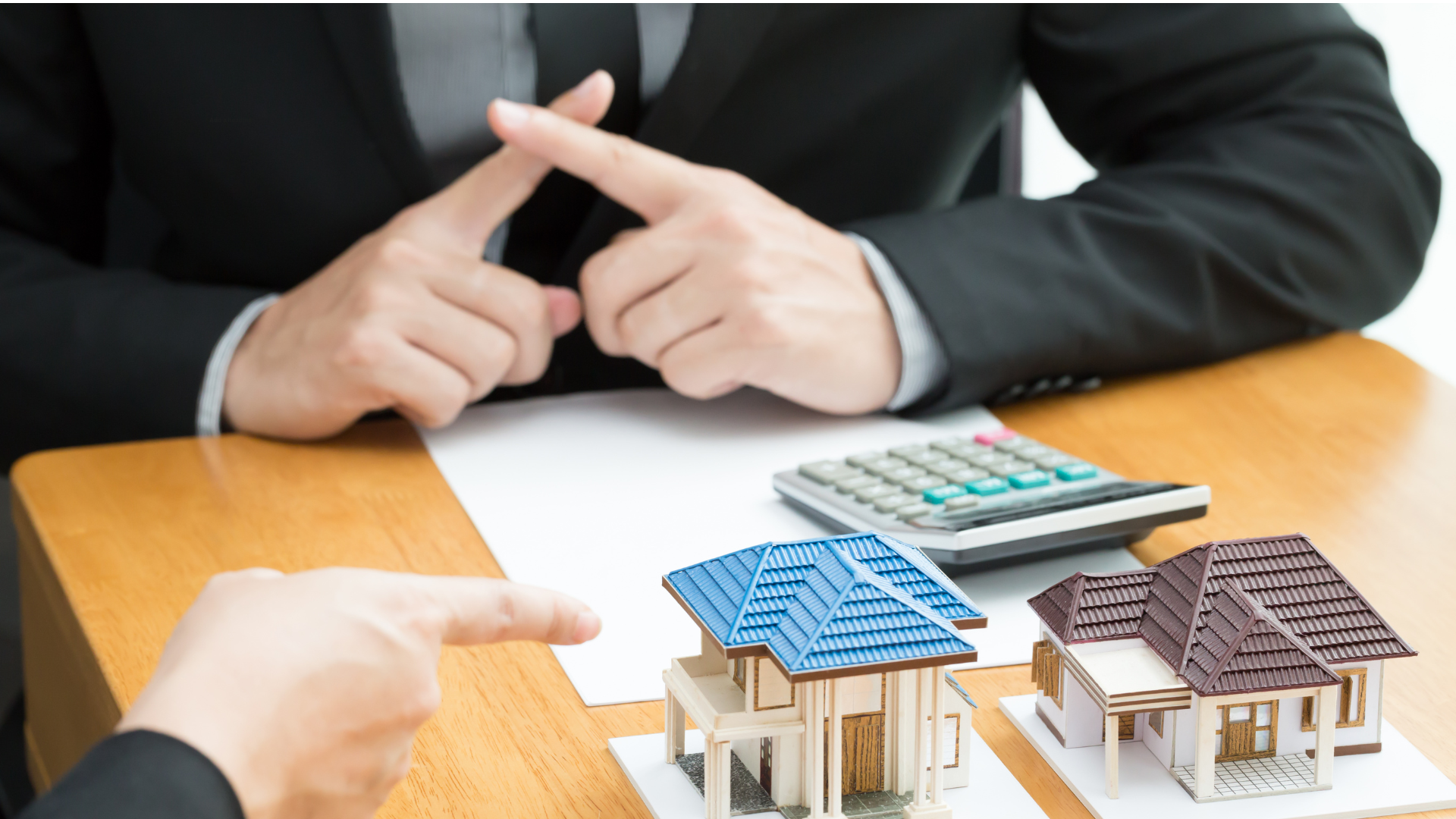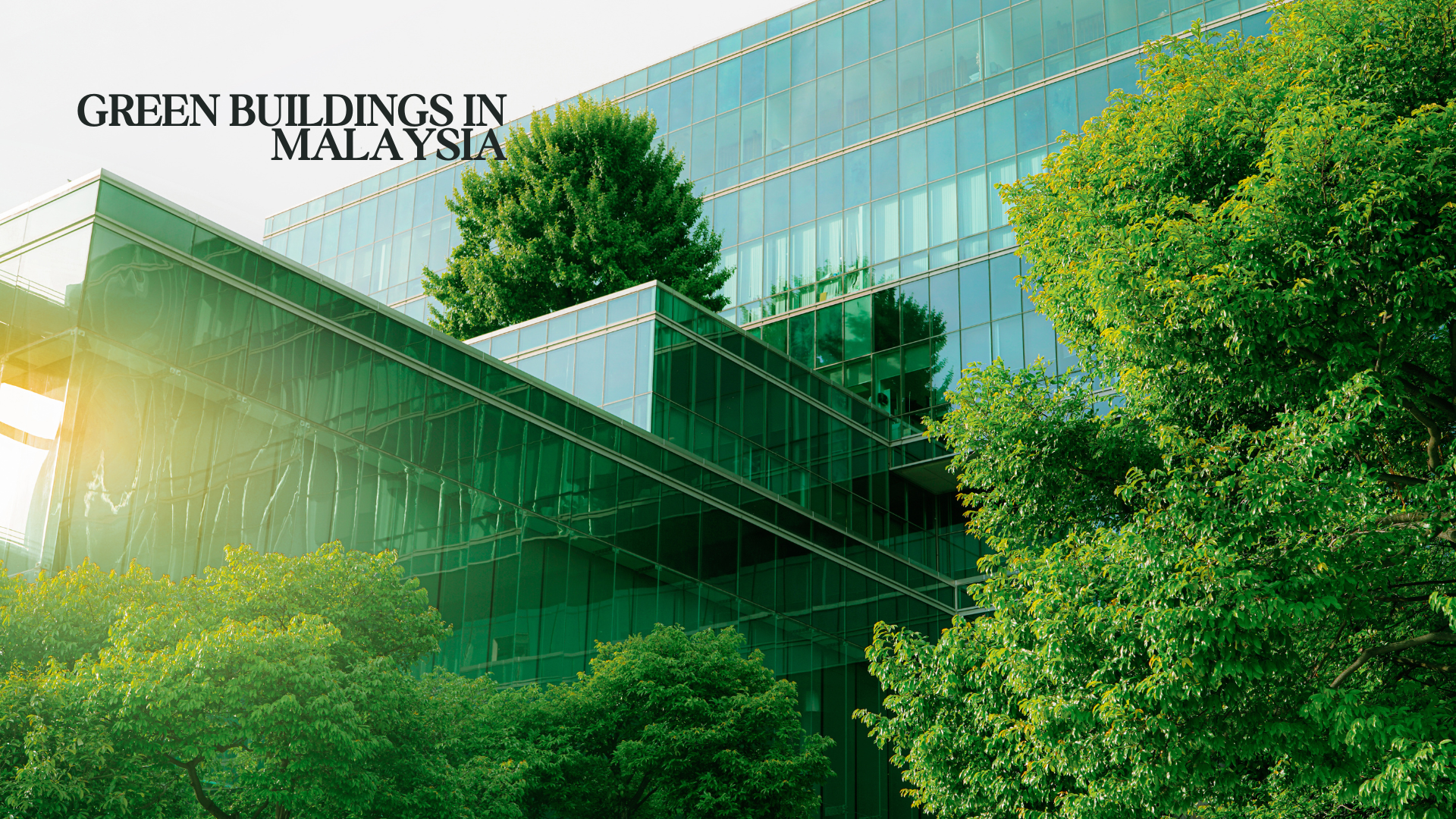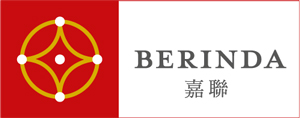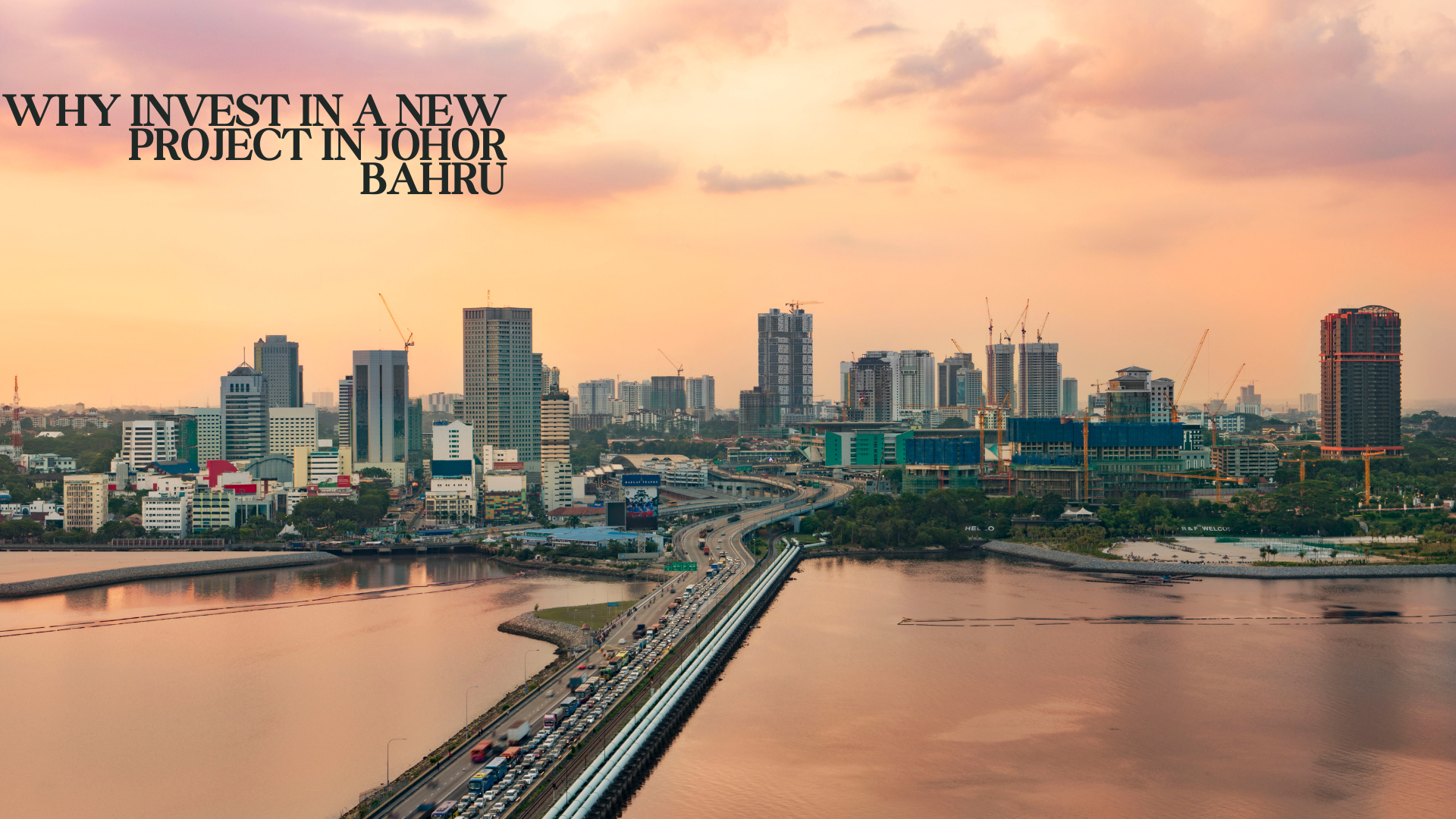
More homebuyers and property seekers want energy-efficient and eco-friendly buildings. Malaysian developers are responding to this demand!

Green buildings are a hot topic in the Malaysian property market as developers respond to the rising demand for eco-friendly properties. This trend includes not only environmentally conscious homebuyers but also companies aiming to be socially responsible and save on operating costs.
The federal government is also pushing the green agenda. Malaysia has introduced several policies and programs for sustainable development, such as the Green Technology Financing Scheme, Green Investment Tax Incentives, and the Malaysian Green Technology and Climate Change Centre’s (MGTC) MyHIJAU Mark program.
What is Green Building?
A “green building,” as defined by the World Green Building Council, is a building or project that, through its design, construction, or operation, minimizes or eliminates negative impacts on the environment and can even create positive effects on our climate and natural surroundings.
Green buildings are designed with the environment in mind. They aim to conserve natural resources while enhancing our quality of life. The goal is to use energy, water, and materials efficiently and reduce harmful effects on human health and the environment.
Green buildings offer many benefits:
- Use up to 50% less electricity, lowering greenhouse gas emissions
- Recycle construction waste and minimize toxic emissions
- Save water by using rainwater harvesting and efficient fixtures
What Makes a Green Building in Malaysia
In Malaysia, financial institutions use different methods to evaluate your credit score. They often refer to two main credit reports: CCRIS and CTOS. CCRIS, run by the Credit Bureau of Bank Negara Malaysia (BNM), collects credit information from various financial service providers, including banks, insurance companies, and utility companies. CTOS is a private credit reporting agency. A CTOS score is based on information from both CCRIS and the CTOS database. The score ranges from 300 to 850.
In Malaysia, the Green Building Index (GBI) is the official standard. Founded by the Malaysian Institute of Architects and the Association of Consulting Engineers Malaysia in 2009, the GBI is an internationally recognized green building tool. It is an independent, non-profit initiative that aims to create a more sustainable future by reducing the carbon footprint of cities and improving the built environment.
What is GBI Rating System?
Buildings certified by GBI are rated according to the following system:

- Energy Efficiency
This measures how well the project reduces energy demand and greenhouse gas emissions, resulting in better energy performance. This includes optimizing the building’s orientation to maximize natural lighting and using renewable energy like building-integrated photovoltaics (BIPV), which are solar power systems integrated into building components like the roof, windows, or façades. - Indoor Environmental Quality
This measures the project’s methods for improving indoor air quality, acoustics, and visual and thermal comfort through natural design and mechanical solutions. Examples include using glass panels to reduce glare and insulating rooms to block external noise. - Sustainable Site Planning and Management
This evaluates the project’s construction practices, connectivity to public transportation, greenery, open spaces, and community services. It also considers proper construction and stormwater management. For instance, using non-polluting methods to clean the building exterior can improve this rating. - Materials and Resources
This measures the project’s use of environmentally friendly and sustainably sourced materials, as well as proper waste management. It includes reusing and recycling building materials and using locally sourced materials to reduce environmental impact from transportation. - Water Efficiency
This measures how the project uses rainwater harvesting, water recycling, and water-efficient fittings to reduce potable water consumption. - Innovation
This evaluates the project’s use of new and innovative designs and initiatives, such as solar thermal technology and self-cleaning facades. Higher scores are given to projects that exceed GBI requirements.
What is GreenRe?
Green Real Estate (GreenRE) is a rating system started by the Real Estate and Housing Development Association of Malaysia (REHDA) in 2013. It was created with the help of the Ministry of Energy, Green Technology and Water, along with other government agencies and organizations like the Construction Industry Development Board (CIBD) and the Institute of Engineers Malaysia.
GreenRE evaluates buildings and development projects based on their green features and design elements. It looks at how well a building performs in terms of energy and water use, waste management, operations, and indoor environment quality. The goal is to lower carbon emissions and provide a better living or working space.
A GreenRE certification is valid for three years. To keep the certification, the building or project must be re-certified, and it should have not been significantly changed since the last assessment. If changes have been made, a new application is required.
GreenRE has certified nearly 200 million square feet of projects in Malaysia.
GreenRE-certified buildings receive ratings based on the following system:

Here's how the GreenRE assessment process works:
- Initial Registration:
Start by registering your building or development. GreenRE will then review your plans to ensure they meet green building standards. - Provisional Certification:
After finishing your design, submit it for provisional certification. This means GreenRE checks if your plans meet their requirements. - Final Design Review:
Once GreenRE approves your design, they will issue a provisional certification based on the final plans. - Construction Monitoring:
During construction, GreenRE will keep an eye on progress to make sure everything stays on track. - Site Verification:
When construction is complete and the building is in use, GreenRE will conduct a site visit to verify that everything meets their standards. - Certification Award:
If everything checks out, your building will receive GreenRE certification according to their rating system.
What sets GBI and GreenRE apart?
The main difference between GBI and GreenRE is their cost.
GreenRE certification is usually cheaper than GBI certification, especially if the applicant is a member of REHDA. To become a regular REHDA member, you need to pay an RM2,000 entrance fee and an annual subscription fee ranging from RM1,000 to RM5,000, depending on your company’s paid-up capital.
Check out the table below to see the cost differences between GBI and GreenRE certifications.

What is LEED (Leadership in Energy and Environmental Design)?
Another green building certification used in Malaysia is LEED (Leadership in Energy and Environmental Design). Developed by the U.S. Green Building Council (USGBC), LEED is used worldwide. LEED consultants help developers throughout all stages of a building’s design, construction, operation, and maintenance. To keep the LEED certification, the developer must continue to meet these standards.
LEED certifications are given to:
- New buildings or major renovations (BD+C: Building Design and Construction)
- Interior fit-out projects (ID+C: Interior Design and Construction)
- Existing buildings being improved or with minimal construction (O+M: Building Operations and Maintenance)
- New land developments or redevelopment projects (ND: Neighborhood Development)
- Residential homes
- Cities or parts of cities
In Malaysia, there are 205 buildings with LEED certification. LEED ratings are given based on the number of points earned:

LEED scores are based on how well a building or development manages energy, water, waste, transportation, and the well-being of its occupants. This means the building is efficient in saving energy and water, reducing its carbon footprint, minimizing waste, and promoting a healthy environment for people inside.
The Advantages of Green Buildings for Living and Working
Living or working in a green building or neighborhood offers many benefits:
Green buildings focus on natural lighting and better air quality, creating a healthier environment. Research from 2015 by Harvard and other institutions found that workers in well-ventilated green buildings have 101% better brain function than those in regular buildings.
More greenery around us also has positive effects. Studies show that being near nature can reduce stress, boost productivity, and increase creativity. A Finnish study even found that spending just 15 minutes in a green space can help people feel mentally refreshed.
Additionally, green buildings save money on utility bills through their water and energy efficiency. They are often close to public transportation, making travel easier.
Overall, green buildings not only help the environment with better planning and waste management but also promote better health and productivity. This is why the demand for GBI-certified buildings is growing in Malaysia, with over 500 projects currently in planning or development.
GBI Accreditation Achievements by Berinda Properties
At Berinda Properties, we are proud to be at the forefront of sustainable development in Johor Bahru, with several of our residential projects earning prestigious Green Building Index (GBI) ratings. These accolades reflect our commitment to environmental responsibility, energy efficiency, and the overall well-being of our residents.
Molek Pine 4
GBI Platinum Rating: We are delighted to announce that Molek Pine 4 has achieved Malaysia’s first GBI Platinum rating for residential high-rise buildings. This top-tier certification recognizes our design’s excellence in sustainability, energy conservation, and green building practices. With this rating, Molek Pine 4 sets a new benchmark for eco-friendly residential living.
Molek Pine 3
GBI Gold Rating: Molek Pine 3 has been awarded the GBI Gold Rating, signifying our dedication to high standards of green building practices. This certification highlights our project’s efficient use of resources, reduced environmental impact, and commitment to creating a healthier living environment.
Ponderosa Lakeside
GBI Gold Rating: Our Ponderosa Lakeside project has also received the GBI Gold Rating, underscoring our continued efforts to promote sustainable living. This recognition emphasizes our successful integration of green technologies and environmentally friendly design in residential development.


